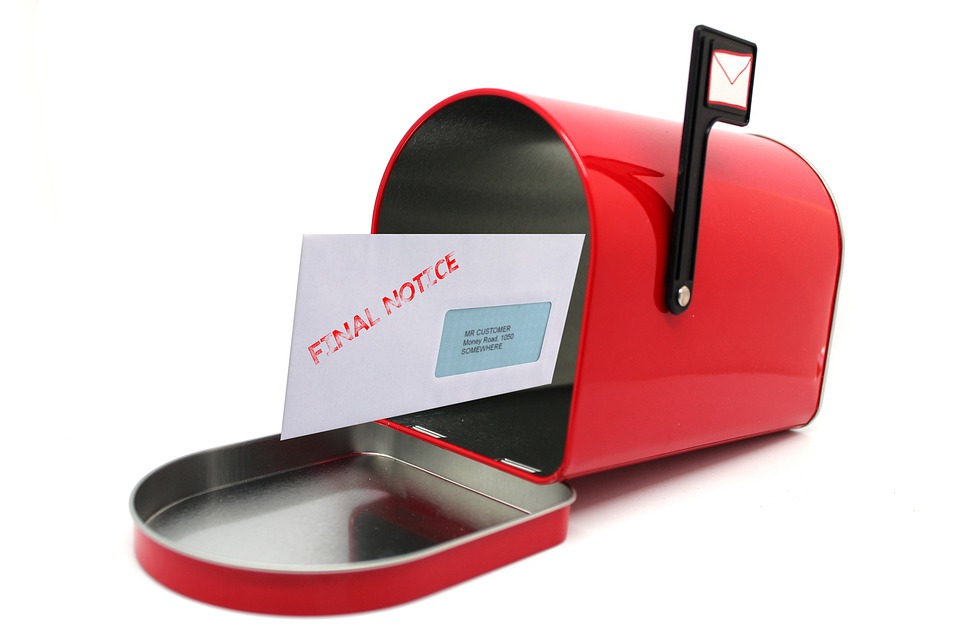Facing Foreclosure? 5 Ways to Avoid It

Missing mortgage payments can be incredibly stressful, but it's important to know that you still have options. Foreclosure is a difficult process for both homeowners and lenders, and you may be able to prevent it or even stop it once it has begun.
Even if your lender has filed a Notice of Default, you are not out of options. Here are five common strategies to help you avoid foreclosure.
1. Work with Your Lender on a Repayment Plan
One of the most effective first steps is to contact your lender directly. Lenders often prefer to work with you to find a solution rather than go through the lengthy and costly foreclosure process. Ask about options such as:
- Repayment Plan: Your lender may allow you to make larger payments for a set period to catch up on what you owe.
- Loan Modification: This involves permanently changing the terms of your loan, such as the interest rate or the length of the loan, to lower your monthly payments.
- Forbearance: Your lender might agree to temporarily reduce or suspend your mortgage payments. This is a short-term solution to give you time to recover from a financial hardship.
2. Sell Your Home Quickly
If catching up on payments isn't possible, selling your home may be a good option. A traditional sale with a real estate agent can take several months. However, you can also explore a quick sale through a home-buying company. These companies often make cash offers and can close the sale in a matter of weeks, allowing you to pay off your mortgage before the foreclosure process is complete.
Important Consideration: While a quick sale can save you from foreclosure, it's crucial to understand the offer you're receiving. Compare it to your home's market value to ensure you're getting a fair price.
3. Consider a Deed in Lieu of Foreclosure
A Deed in Lieu of Foreclosure is an agreement where you voluntarily sign the property deed over to your lender to satisfy the mortgage debt. This option avoids the public auction process of a traditional foreclosure. While it will still negatively impact your credit, it is often viewed by credit bureaus as a less severe outcome than a full foreclosure. This is a good option if you have little to no equity in the home.
4. Declare Bankruptcy
Filing for bankruptcy can immediately stop a foreclosure. Under federal law, the "automatic stay" provision in a bankruptcy filing prevents creditors, including your mortgage lender, from continuing collection activities. This buys you valuable time to organize your finances and explore other options, such as a loan modification.
Important Consideration: Bankruptcy is a complex legal process with serious, long-term consequences for your credit and finances. Always consult with a qualified bankruptcy attorney to understand if this is the right path for you.
5. Explore a Short Sale
A short sale occurs when you sell your home for less than the amount you owe on your mortgage. You'll need to negotiate this with your lender, who must agree to accept the sale price as full payment for your debt. This can be a better option than foreclosure, as it may result in less damage to your credit and could make it easier to get a mortgage in the future.
Review Your Options and Act Quickly
The most important step is to act as soon as possible. The longer you wait, the fewer options you'll have.
- Contact your lender: They are a crucial partner in this process and can offer solutions you may not be aware of.
- Seek professional advice: Consult with a HUD-approved housing counselor or a real estate attorney. They can provide unbiased guidance and help you understand the best course of action for your specific situation.
Remember, a foreclosure can be prevented. By understanding your options and taking swift action, you can work toward a solution that protects your financial future.